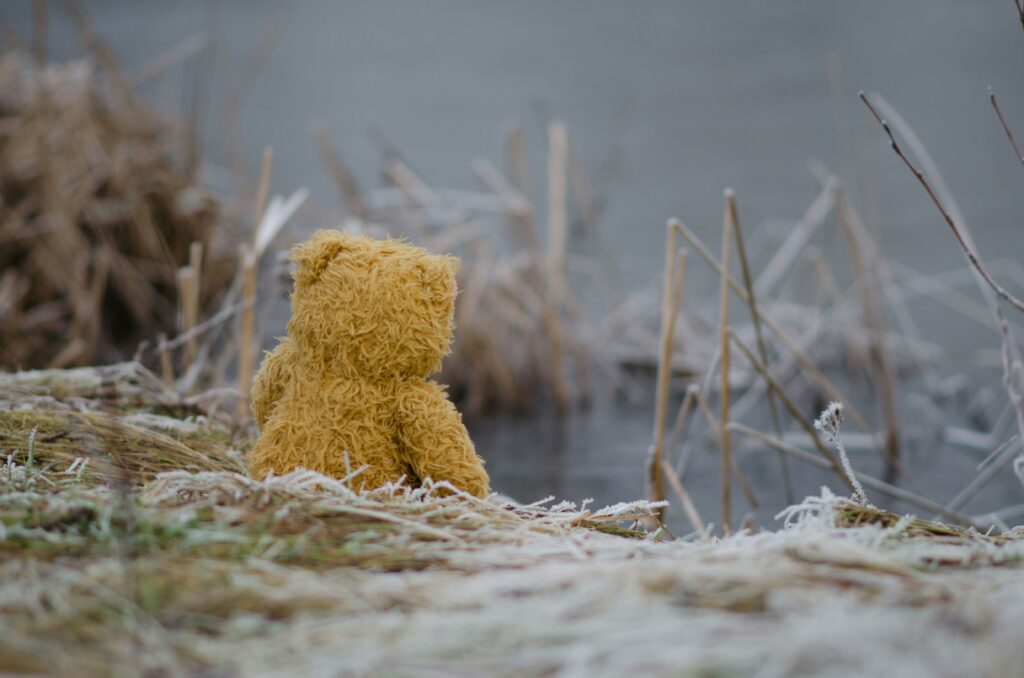
Have you ever been ghosted? If so, you’re not alone. Ghosting is a term used to describe the sudden and unexplained disappearance of someone from your life, cutting off all communication without warning. It can be painful, confusing, and leave you questioning what went wrong. For many of us, particularly those navigating the world of online dating, ghosting has become an all-too-familiar experience.
When I moved to a new country and started working from home, my social circle shrank significantly. The only viable option to meet new people seemed to be through social media and online dating platforms. However, what I quickly discovered is that dating in the digital age is not only challenging but often disappointing.
The Challenges of Modern Dating
Let’s be real—dating today can be incredibly difficult. It often feels like no one is genuinely interested in forming a meaningful connection. Instead, many people seem to be seeking nothing more than an ego boost. One common observation I’ve made is that communication in the dating world is seriously lacking. Many men (and women) seem to have no problem shifting from being fully engaged one minute to acting like a total stranger the next.
While it’s easy to chalk this behavior up to immaturity, it’s important to understand that ghosting is not limited to any specific age group. Rather, it’s a behavior displayed by individuals who lack self-esteem and communication skills. If you’ve been ghosted before or are worried about being ghosted in the future, you’re in the right place. Here are some red flags to watch out for in people who are most likely to cut off contact without any explanation.
Red Flags to Watch Out For
1. Flakiness
One of the easiest signs to spot in a potential ghoster is flakiness. Often, the warning signs are right in front of us, but we choose to ignore them. If someone is flaky in their communication—meaning their conversations are dry, inconsistent, and lack depth—it’s a sign that they may not be genuinely interested in getting to know you. Ghosters typically keep communication strictly to social media, avoiding exchanging phone numbers or meeting in person. This makes it easier for them to disappear without a trace when they decide they’ve had enough.
2. Dishonesty and Poor Communication Skills
Another red flag is dishonesty, often coupled with poor communication skills. People who are dishonest about their intentions or seem to be hiding something are not only unreliable but may also be prone to ghosting. This type of behavior often reflects deeper issues, such as low self-worth or narcissistic tendencies. It’s essential to recognize that people who ghost you are showing their true colors, and their actions are a reflection of themselves, not of your value.
3. Love Bombing
Beware of love bombing—a tactic used by some to shower you with excessive praise and affection early on, only to disappear later. A love bomber might tell you how beautiful you are and how much they’ve been thinking about you, especially after a period of no contact. This behavior is often a manipulative ploy to regain your attention after they’ve messed up. If someone suddenly starts love bombing you out of nowhere, it’s a red flag that they may not be looking for a genuine connection.
4. Trust Your Gut
Most of the time, we have a gut feeling when something isn’t right, but we ignore it in the hope that things will change. Trust your instincts. If you feel uneasy about someone’s behavior, don’t brush it off. Your body and mind will often pick up on subtle signs of rejection long before your heart does. Remember, people don’t change unless they want to, so don’t waste your time trying to change someone who isn’t willing to communicate honestly with you.
5. Assess What You Really Want
Before diving into a relationship or even a casual dating situation, ask yourself if it’s something you truly want. Is it worth the risk of getting ghosted? The experience of being ghosted can be incredibly hurtful, but it’s also an opportunity to reflect on what you’re looking for in a relationship. Sometimes, we fall into the trap of chasing after people who aren’t good for us, only to end up hurt in the process.
6. Past Behavior as a Predictor
If someone has ghosted you in the past and then suddenly reappears in your life, be cautious. Often, people who ghost once will do it again. They might return with apologies and promises of change, but this is usually a temporary fix until they get bored again. Don’t let them back into your life just because they’ve resurfaced—remember, past behavior is often the best predictor of future actions.
7. Substance Use Issues
Another common trait among ghosters is a lack of reliability, often linked to substance use issues like excessive drinking, gambling, or recreational drug use. If someone frequently drinks or engages in other risky behaviors, it could be a sign that they’re not in a stable place to form a healthy relationship. Watch out for red flags, such as photos of them holding a drink in every picture or constantly talking about partying with friends.
Conclusion
Getting ghosted can feel like a punch to the gut, but it’s important to remember that it’s not a reflection of your worth. The issue lies with the ghoster, not with you. Never change your plans or lower your standards for anyone who doesn’t respect you enough to communicate honestly. While dating can be tough, stay optimistic and open-minded. Not everyone is the same, and you’re likely to meet genuine people when the time is right. Take each experience as a lesson and use it to make better judgments in the future.
Remember, you deserve someone who values and respects you, and it’s okay to wait for the right person who meets your standards. Good luck out there, and don’t let the ghosters of the world get you down!
